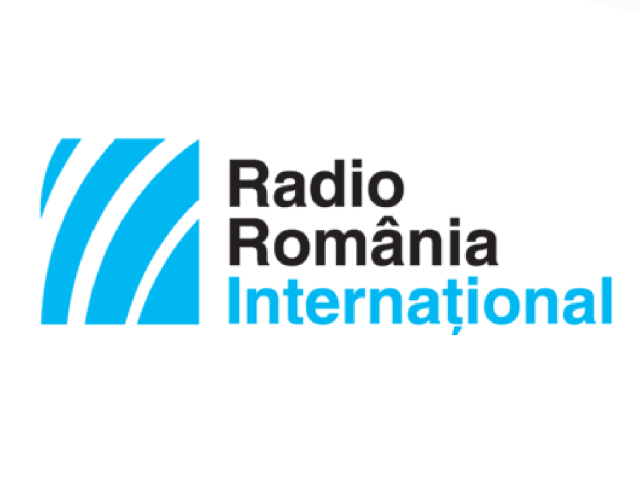With the technological and digital revolution
in full swing, a revolution that has also affected the editorial market,
vintage books, even manuscripts, cannot remain unaffected. Proof of that is the
latest attempt at digitising new and old volumes from the collection of the
Romanian Academy Library. One of the projects, called Medievalia, is a website
where 60 manuscript volumes of old Romanian literature from the 15th
and 16th centuries have been stored after being digitised. Many of
these manuscripts have been written in Old Church Slavonic, while others have
been written in Romanian with Cyrillic letters. The website is chiefly
targeting scientists, but it may appeal to literature enthusiasts as well. Here
is Gabriela Dumitrescu, head of the office of manuscripts and rare books with
the Academy Library:
Readers have now been given access to online
texts, which are taught in schools, such as the Schei Psalter, the Voronet
Psalter and the Voronet Codex, as well as some other early texts in Romanian.
They prove that the Romanian language had been spoken in this region before the
first half of the 16th century, when these texts were dated.
However, Old Church Slavonic, the language used in the princely chancelleries
and in church, played an important role in the development of Romanian culture.
The earliest examples still to be preserved are church texts and make up the
bulk of our collection, which contains as many as 6,000 manuscripts.
Gabriela Dumitrescu also tells us that many of the manuscripts now
available in digital format are genuine works of art, containing exquisite
illuminations and lettering:
These texts were written in Old Church Slavonic, Greek and Romanian. We
showcase the texts that arrived here in Slavonic and Greek, and were
subsequently translated into Romanian. For instance, we have digitised the
Hurmuzachi Psalter, prayer books and hymn books, all of which were translated
from Old Church Slavonic. We have also digitised the manuscripts known as The
Salvation of Sinners and The Ladder, a famous text by Saint John Climacus which
we have in several manuscript versions in Old Church Slavonic as well as in a
beautifully illuminated 11th-century Greek manuscript that only
contains the Odes. This particular manuscript was made at Mount Athos and is
now to be found in the collection of the Academy Library. It was bought in 1955
or 1956, while many of our manuscripts are donations. The website also contains
manuscripts in Old Church Slavonic and Greek with texts by the great
theologians and Fathers of the Church Basil of Caesarea, John Chrysostom and
John of Damascus. Another rare manuscript now available in electronic format is
the Psalm Book in Verses translated by the metropolitan and poet Dosoftei. This
is a digital copy of the original manuscript, and not the book printed by
Dosoftei.
Browsing through the Medievalia website, you will also come across an
early version of a cooking book. Gabriela Dumitrescu, the head of the
manuscript and rare books department of the Academy Library, explains:
Our collection also contains the manuscript version of a cookbook, and
everyone tried to work out the recipes there. We also have a transcription of
the book, which we plan to put on the website so that people can jot down the
recipes they find there. It’s not easy to read the original manuscript because,
while written in Romanian, it used the Cyrillic alphabet.
The digitised versions of these manuscripts in the Romanian Academy
Library collections can be seen by going to the website medievalia.com.ro. The
project, an initiative of the Excellence Through Culture Foundation, is
supported by the Romanian Ministry of Culture and through Norwegian funding as
part of an EEGrants programme.
